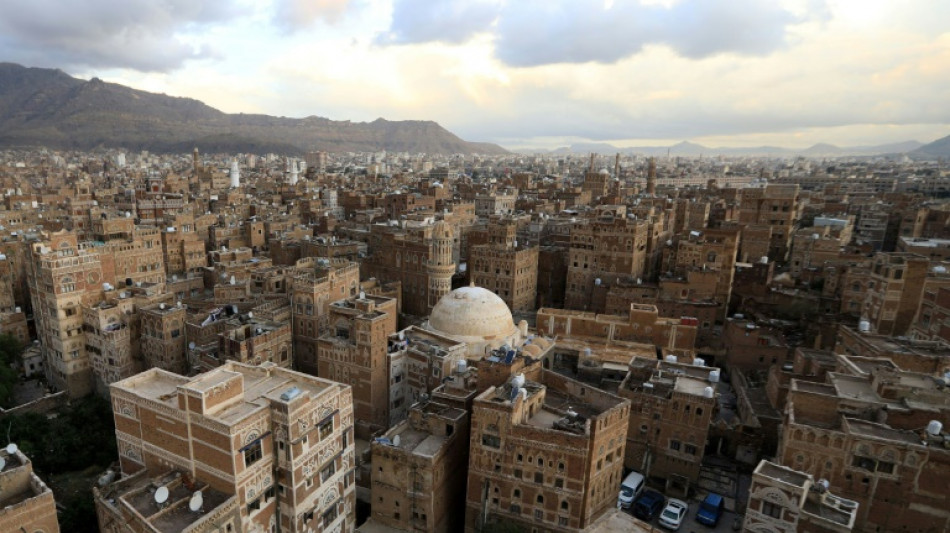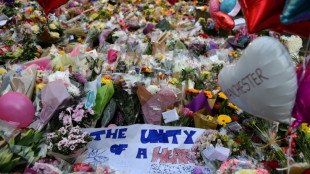
Amnesty urges Yemen rebels to free journalists on death row

Amnesty International has urged Yemen's Huthi rebels to free four journalists facing the death penalty for "espionage" in the war-torn country, ahead of an appeal court hearing on Sunday.
The four, Abdul Khaleq Amran, Tawfiq al-Mansouri, Harith Hamid and Akram al-Walidi were arrested in June 2015 in Yemen's rebel-held capital Sanaa.
"Yemen's Huthi de facto authorities must quash the death sentences and order the immediate release of four Yemeni journalists who are facing execution following a grossly unfair trial," the rights group said in a statement on Friday.
The Iran-backed Huthis seized Sanaa from the internationally recognised government in 2014, prompting the intervention of a Saudi-led military coalition to support the government.
In April 2020, a Huthi court sentenced the four journalists to death on charges of "treason and spying for foreign states".
"This has been a sham of a trial since the beginning and has borne a terrible toll on the men and their families," said Amnesty's Middle East and North Africa deputy director Lynn Maalouf, according to the statement.
One of the detained men, Mansouri, is in a "critical health condition" with heart and other ailments, Amnesty said.
"Pending their overdue release, the journalists must be provided with urgent medical care -- the denial of medical treatment for the seriously ill is an act of cruelty which amounts to torture and other ill-treatment," the statement said.
At the time of their trial, Amnesty criticised their sentencing on "trumped-up charges", while Reporters Without Borders called the verdict "totally unacceptable".
Their arrest was motivated by their reporting on "human rights violations committed by Huthi forces," the International Federation of Journalists and the Yemeni Journalists' Syndicate have said.
An appeal will be heard by the Specialised Criminal Appeals Division in Sanaa on Sunday.
Hundreds of thousands of Yemenis have lost their lives and millions been displaced during the war, in what the United Nations has called the world's worst humanitarian crisis.
A. Williams--BTZ

 London
London

 Manchester
Manchester
 Glasgow
Glasgow
 Dublin
Dublin
 Belfast
Belfast
 Washington
Washington
 Denver
Denver
 Atlanta
Atlanta
 Dallas
Dallas
 Houston Texas
Houston Texas
 New Orleans
New Orleans
 El Paso
El Paso
 Phoenix
Phoenix
 Los Angeles
Los Angeles



